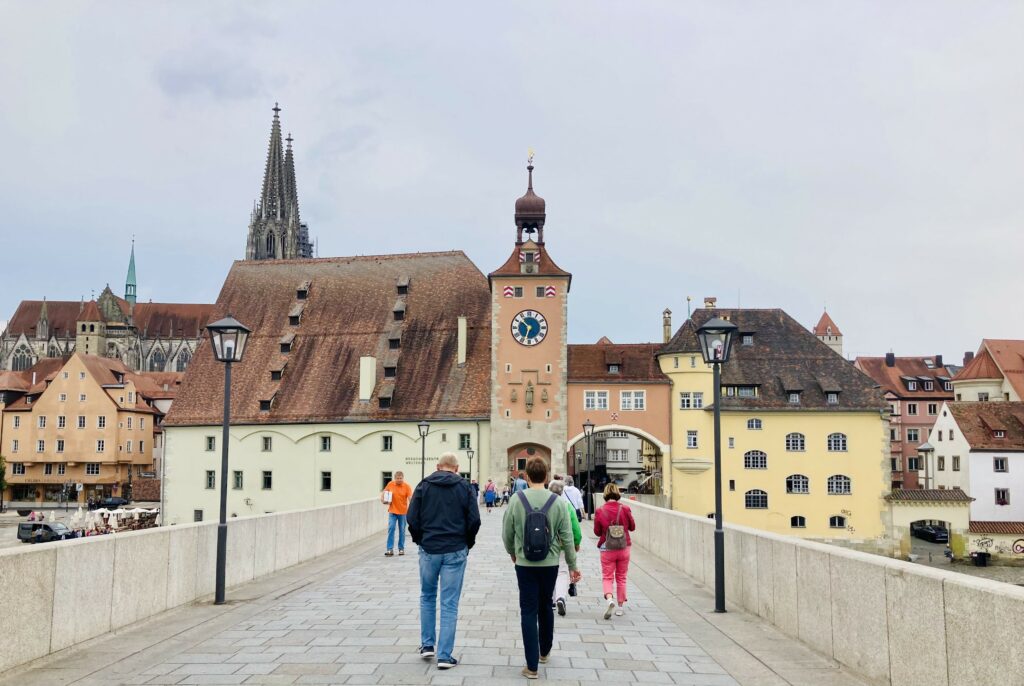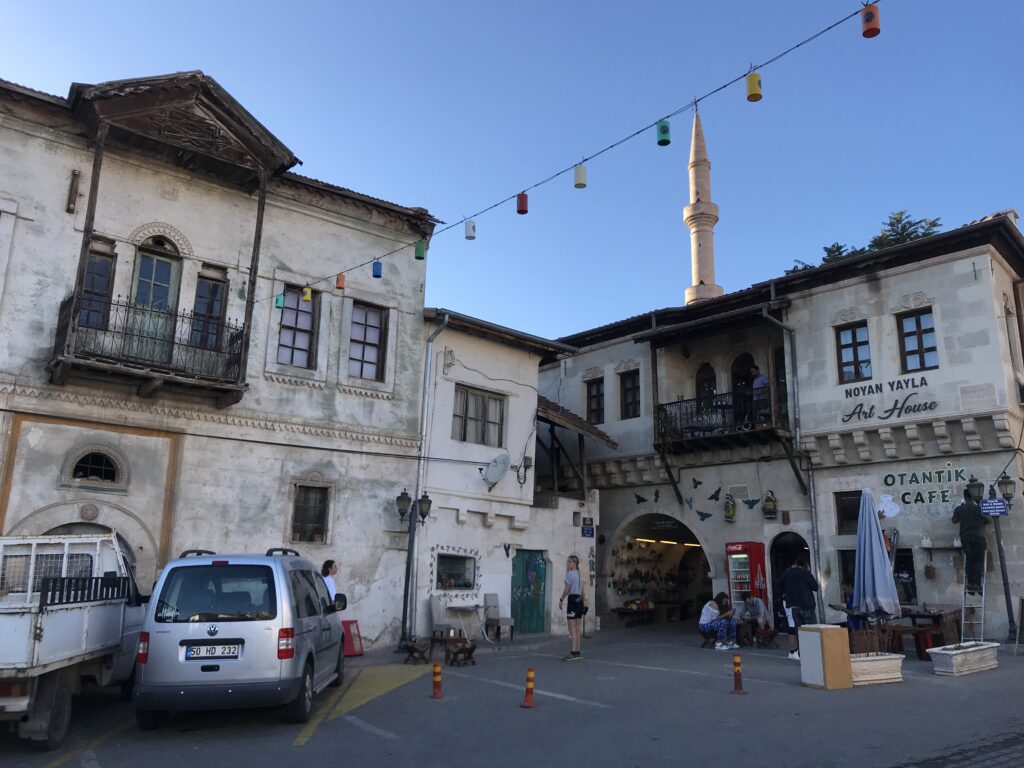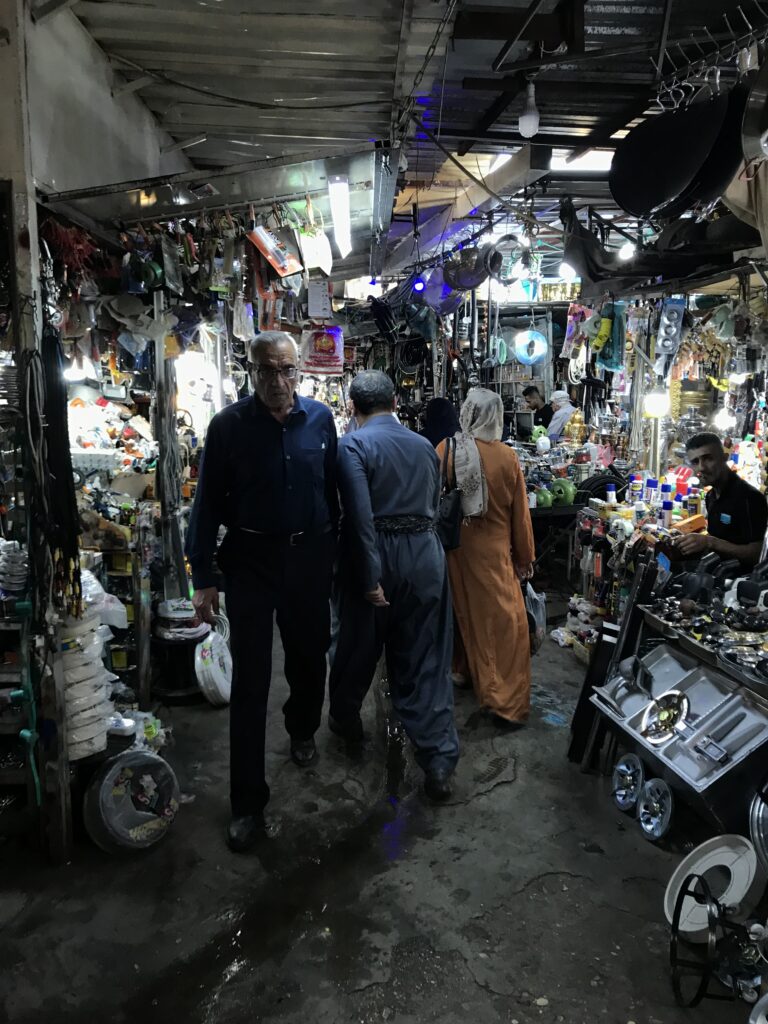Throughout our travels we were exploring, discussing and thinking about how relationships with heritage differ from region to region. It’s not straightforward or universally the same. People’s relation to their heritage depends on many factors – the way a country industrially developed, their place in the world hierarchy of power, the prevailing political ideologies and religious beliefs and much more.
Since we’ve been travelling for more than 17 months in the past 2 years we could compare this relationship throughout Europe, the Middle East and Asia. For the purpose of this article, however, we’ve decided to only focus on the regions we travelled to within our OWHC travel scholarship.

Since we began our travels in Slovenia and Germany, let’s start at home. As we’ve observed, Europeans mostly see their heritage as something which has to be preserved, “locked” away, studied and maybe exhibited to tourists. Just think about how many churches also serve as tourist attractions, how many old royal buildings are now museums or galleries and how the historical centres of European cities mostly only serve tourists.

On the other side, however, we had a completely different experience in Turkey and Iraq. There, history and the present go hand in hand. Historical centres are usually home to very traditional and conservative communities and are less developed than modern outskirts. Citadels, old architecture, bazaars and mosques are sometimes reconstructed, and sometimes not. However, an underlying theme to all of these places is that they are still deeply woven into the daily lives of the inhabitants of the city. Be it shopping at centuries-old bazaars, bathing in historical hammams, dining in traditional restaurants or praying in mosques from the early days of Islam – history and the present day are not separated.

At this point a question arises – is heritage something which has to be locked down and preserved, or is it something which changes with every society inhabiting a certain time and space? We hope we will gain more answers to these questions while we continue our 10-month trip from Germany to Taiwan!


